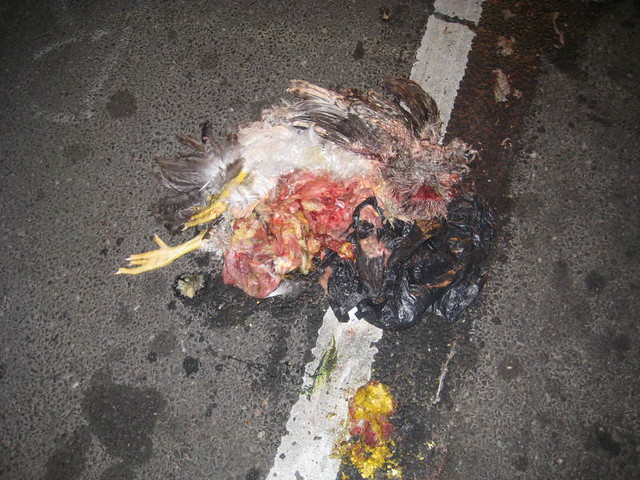And let us not be weary in well doing: for in due season we shall reap, if we faint not. Galatians 6:9 (KJV)
Late Thursday afternoon I drove in from work. It always feels good to be home after a hard day, but on this particular day, it appeared that we had unexpected company. I like visiting and like company, but I didn't recognize the vehicle in the driveway. It was an older model, four wheel drive pickup truck, jacked up with big mud grips and it was parked partially blocking the driveway. I drove around it and pulled into the garage.
I noticed at that point that neither Benjamin or Russ was home - just Tricia, and I got a little concerned. I went through the back door and there was a young man standing there talking to my wife in the kitchen with a work short with a patch embroidered on it bearing his name. I read it and looked at the guy's face. A young face, but one with a beard and yet vaguely familiar. He reached out his hand to shake hands and smiled and I recognized him. He is the neighbor kid that lives adjacent to our property in the back. We hadn't seen the young man in years. He and Benjamin would get together and play when they were younger.
After shaking hands, the young man said, "Did you see the ditch? That's why I stopped in. I wanted to apologize."
"What ditch?" I said.
"The one in your front yard." He said. He continued and told us that because it is rice harvest season, a big combine and a tractor and rice cart were coming down the road. The combine had a big cutter bar/header that took up the entire road, forcing the neighbor kid's truck into the ditch. "I didn't realize the ditch was wet and when I pulled out, I realized that I rutted up your yard." "I am sorry."
I told him that it was not his fault and that the ditch is actually on the other side of the road from our property, next to our mailbox, and that finally, it was no big deal. We visited for a while and caught up with what was going on in Matt's life. I told him "thank you" for having the honesty and integrity for stopping by and telling us. When he left, I told Tricia that Tommy and Dana had certainly raised him right. Listening to all the division and arguing and vitriol that is in the news every day in our country, has a way of making you feel that people are looking out for themselves only. Political shenanigans, dishonesty, cheating, lying, and mean-spirited back and forth, gives you the sense that people who are moral and upright, people who have character and integrity, people who are humble and honest are rare, if not extinct.
It was refreshing to see that this is not the case. In the year 2019, a man who feels he's done something wrong can still pull in the driveway and apologize, man to man, for a mis-deed, even if he was guilty of no intentional wrong-doing. It gave me hope for the future.
As I thought about this, it reminded me of an event that took place forty-something years ago, but it always stuck with me. I was riding in the passenger seat of my dad's truck to the farm. We turned off the main road and were driving down a two lane blacktop road right in front of a neighbor's house near a set of rice bins next to the highway.
All of a sudden out of nowhere a chicken darted out of the ditch and into the road. Chickens are notorious around the farm for eating the rice that falls onto the road and this answers the question, "Why did the chicken cross the road?" at least around Oberlin, Louisiana. The chicken was intent on eating and didn't see my dad's truck. We felt that familiar thump underneath the truck's tires as we flattened the hen out.
Although that isn't the actual photo, that is sort of what she might have looked like if I had a camera on me 40-something years ago. My dad put the truck in reverse and drove into the driveway of the farm house. "What are you doing?" I asked. "I'm going to pay for the chicken," Dad said. I remember thinking, "It wasn't Dad's fault. Why was he going to pay for a dumb bird that should have stayed in the yard?"
It was a lesson that didn't need to be explained. It was being lived out. It was doing the right thing. I've often heard it said that character is doing the right thing
when no one is watching. The neighbor kid that rutted up our ditch could have driven on down the road and no one would have ever seen. Forty years ago, my dad could have kept on going and we would have been around the corner before the feathers stopped flying and no one would have known what happened.
Doing the right thing isn't always easy. When we run off in the ditch or flatten out a chicken, we have a choice. What we do with that choice, even if no one ever sees, defines us as men. Even if no one sees, God sees.
2 Chronicles 16:9 For the eyes of the LORD run to and fro throughout the whole earth, to shew himself strong in the behalf of them whose heart is perfect toward him.


















































